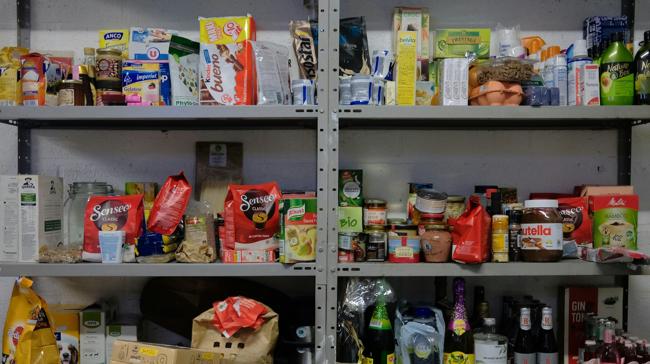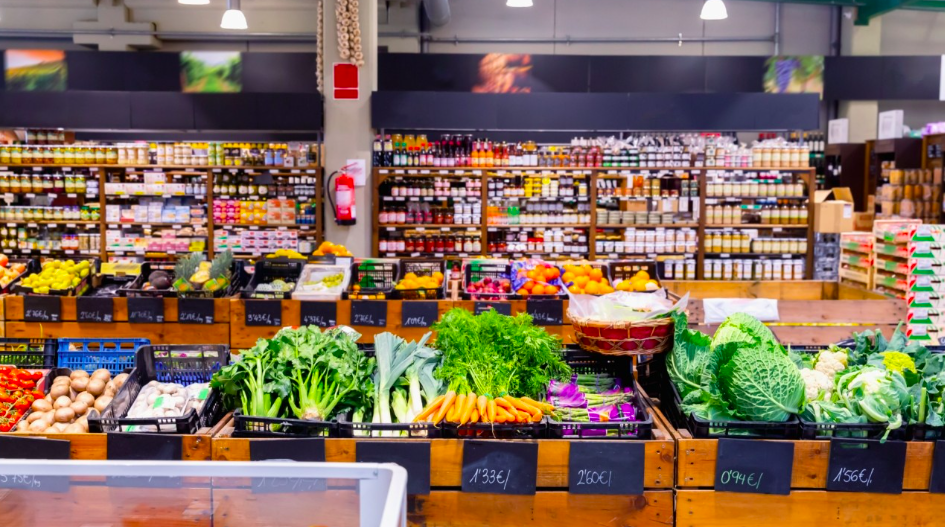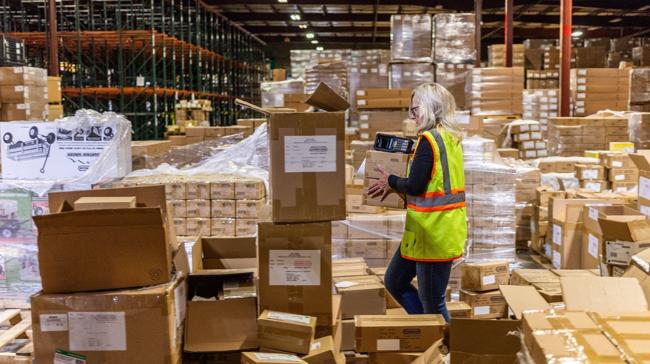Summary
After research found that 91% of workers at food banks have had to discard of donations, volunteers and leaders share their experience.
Source: The Big Issue

AI News Q&A (Free Content)
Q1: What are the primary reasons supermarkets donate food that is not fit for human consumption to food banks?
A1: Supermarkets often donate food that is approaching its sell-by date or has minor imperfections, which they cannot sell. However, not all donated food is of suitable quality for consumption. Factors such as lack of proper sorting, misjudgment of food quality, and the pressure to reduce waste can lead supermarkets to offload unsaleable items to food banks.
Q2: How does the practice of food rescue help mitigate the environmental impact of food waste?
A2: Food rescue, also known as food recovery, helps reduce the environmental impact by diverting edible food from landfills, where it would produce methane, a potent greenhouse gas. Instead, this food is distributed to food banks and pantries, thus decreasing the carbon footprint associated with food waste.
Q3: What are some technological advancements in food waste management within supermarkets?
A3: Recent advancements include the use of AI and machine learning for efficient food supply chain management, which helps in predicting inventory needs and reducing overstock. Technologies like deep learning networks are also used to classify and manage food waste, thereby minimizing unnecessary disposal.
Q4: What are the health implications of relying on food banks that distribute low-quality or processed foods?
A4: Dependence on food banks for nutrition, especially when they distribute highly processed foods, can lead to increased rates of obesity, diabetes, and other chronic health conditions among food-insecure populations. This reliance often results in nutritional deficiencies and higher healthcare costs.
Q5: What regulatory measures could ensure the safety and quality of supermarket donations to food banks?
A5: Implementing stringent guidelines for food donations, regular inspections, and quality checks could ensure that supermarkets donate only safe and nutritious food. Collaboration between governments, food safety authorities, and retailers is crucial to uphold these standards.
Q6: How do economic pressures influence the quality of food donations from supermarkets?
A6: Economic pressures, such as inflation and operational costs, may drive supermarkets to minimize waste and maximize profits, often resulting in the donation of lower-quality food. This can lead to supermarkets offloading unsellable items to avoid disposal costs, impacting the quality of donations.
Q7: What role does community awareness and education play in improving food donation practices at supermarkets?
A7: Community awareness and education can significantly improve food donation practices by encouraging more informed consumer choices, pushing for transparency in supermarket operations, and advocating for better food waste management practices. Educating communities can also foster partnerships between supermarkets and local organizations to ensure higher quality donations.
References:
- A Review of Empirical Applications on Food Waste Prevention & Management
- AI-enabled Efficient and Safe Food Supply Chain
- Deep Learning for Classifying Food Waste





